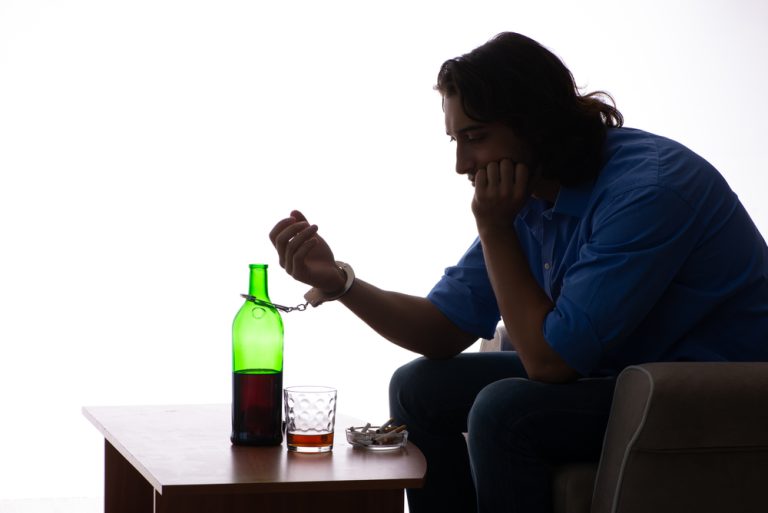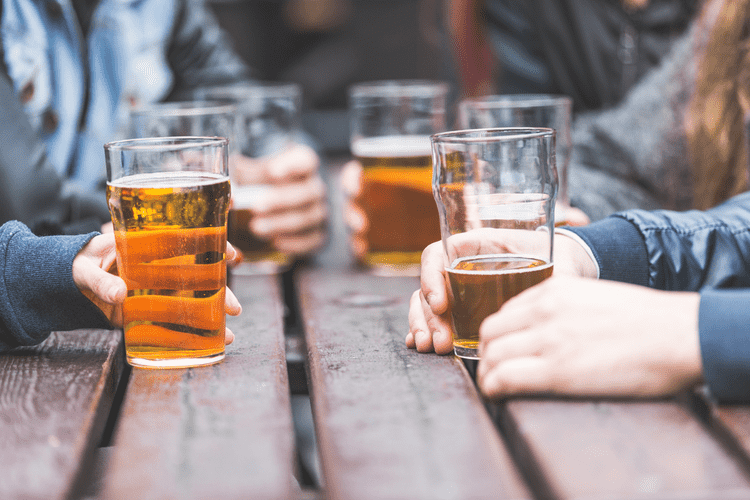We believe that many people want an open-minded, realistic way to understand and deal with addictions—their own, their spouses’, their children’s, their friends’ and employees’. Fortunately, your being here reading this suggests that you’re ready to accept (or at least consider) a life-change, which is a critical step on the way to recovery. There are non-rehab support groups for addiction, organizations like Alcoholics Anonymous (AA) and Narcotics Anonymous (NA) that are based on the 12-step model to recovery.
- Some people need prescription medication for nausea, vomiting, and anxiety.
- She found treatment that worked and has lived drug-free for more than 20 years.
- In addition to doctors and psychologists, many clergy members, social workers, and counselors offer addiction treatment services.
- Detoxification alone without subsequent treatment generally leads to resumption of drug use.
The risks of getting off drugs and alcohol without rehab
- Because of these possibilities, your doctor may prefer that you seek professional assistance through an addiction treatment facility rather than quitting drugs by yourself.
- Special-interest groups, community involvement, or church groups offer time-proven ways to change your social network.
- Community resources, such as educational workshops, peer mentoring, and local outreach initiatives, offer valuable tools, information, and support.
- Dopamine activates the brain’s reward center and signals the person to continue doing the activity that caused the reward.
Such triggers are especially potent in the first 90 days of recovery, when most relapse occurs, before the brain has had time to relearn to respond to other rewards and rewire itself to do so. Learning what one’s triggers are and acquiring an array of techniques for dealing with them should be essential components of any recovery program. Only 1.0 percent of people receive substance abuse treatment as an inpatient or outpatient at a specialty facility. The single most popular path is the use of peer support groups in the community. This needn’t be a cause for discouragement—oftentimes people make a complete recovery, and experience better mental health than they have in years once they quit alcohol. However, there is a reason many rehab programs last several months.
Barbiturate Addiction: Symptoms, Consequences, Treatment, and Prevention

However, if you are feeling depressed or find yourself constantly wanting to return to the addictive behavior, you should seek support and treatment. Around 40% to 60% of people working to overcome a substance use disorder will relapse at some point. However, it is important to recognize that this rate is comparable to relapse rates for other chronic https://www.makak.ru/2009/12/01/spisok-sntp-serverov-vremeni-simple-network-time-protocol-dostupnykh-v-internete/?amp;fdx_switcher=true health conditions such as hypertension and asthma. There are many different treatments that can help you during the process of overcoming an addiction, including medical and psychological approaches. There is no one “right” type of addiction treatment, although some approaches are better supported by research than others.

Alcohol withdrawal can have dangerous effects
Over time, its cultivation and consumption spread globally, leading to its current status as one of the most widely used illicit drugs worldwide. The perception and legality of marijuana have evolved significantly over recent decades, particularly in Western countries where movements toward legalization have gained http://sohmet.ru/books/item/f00/s00/z0000043/st059.shtml momentum. Volunteer, become active in your church or faith community, or join a local club or neighborhood group.
- For treatment to be successful, you’ll first need to resolve your underlying issues.
- You can learn to manage your problems without falling back on your addiction.
- Studies show people usually recover, but as with Rasco and Mable-Jones, the process happens slowly after multiple relapses.
action steps for quitting an addiction
By Michelle PugleMichelle Pugle writes health articles for award-winning websites, as seen in Healthline, Verywell, Everyday Health, and Psych Central. She has a Master’s degree, undergraduate degrees in English and Sociology, a diploma in Holistic Herbal Therapy, and is trained in mental health first aid, anti-violence work, and peer support work. http://www.nnre.ru/yezoterika/istorija_spiritizma/p9.php Drug addiction, or substance use disorder, is a chronic condition.

While these alcohol cravings may lessen over time, many people in long-term recovery still experience these on occasion. Developing some coping strategies and putting them into regular practice is an important part of staying sober. If you choose to quit without rehab, look for other forms of support in managing cravings—from other peers in recovery, to private counselors, or even podcasts and apps.
